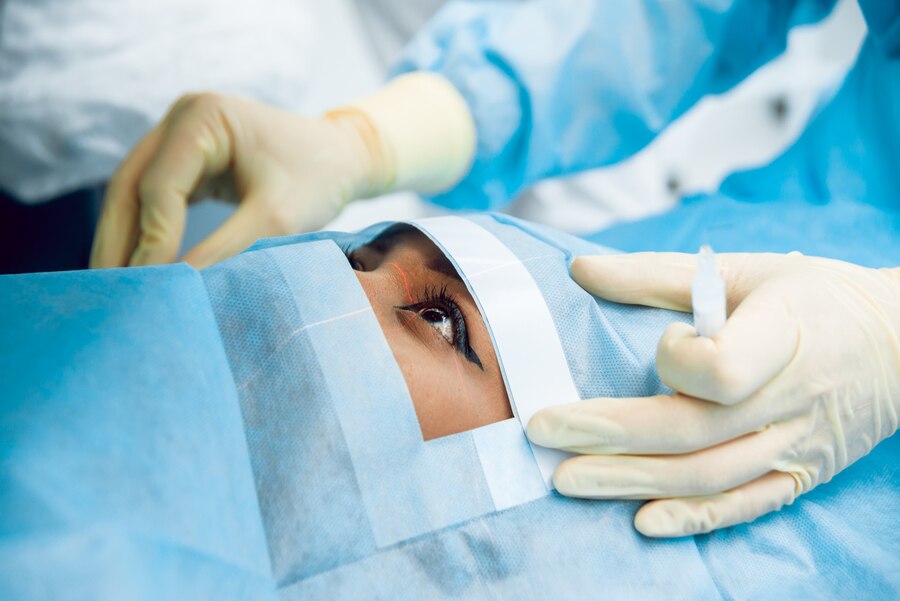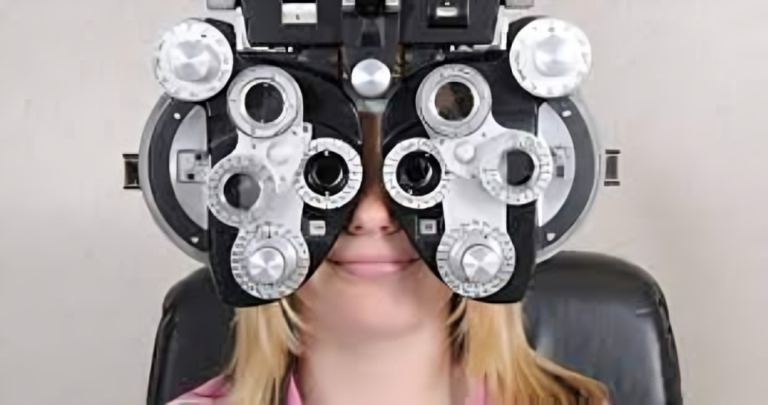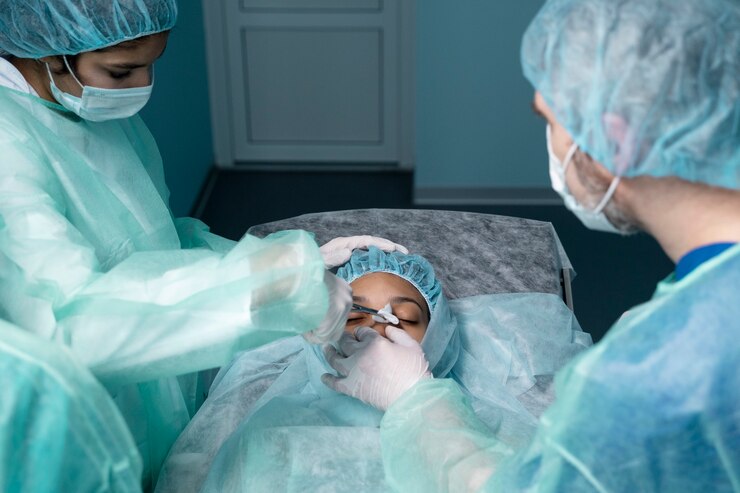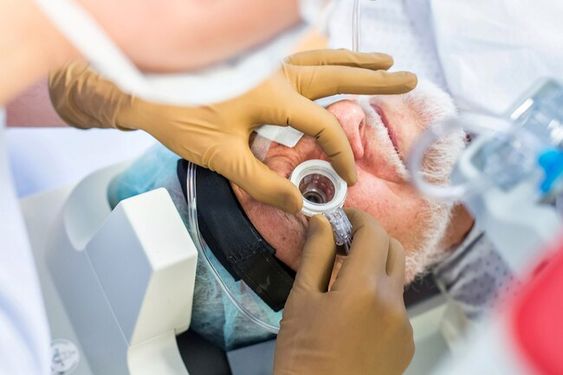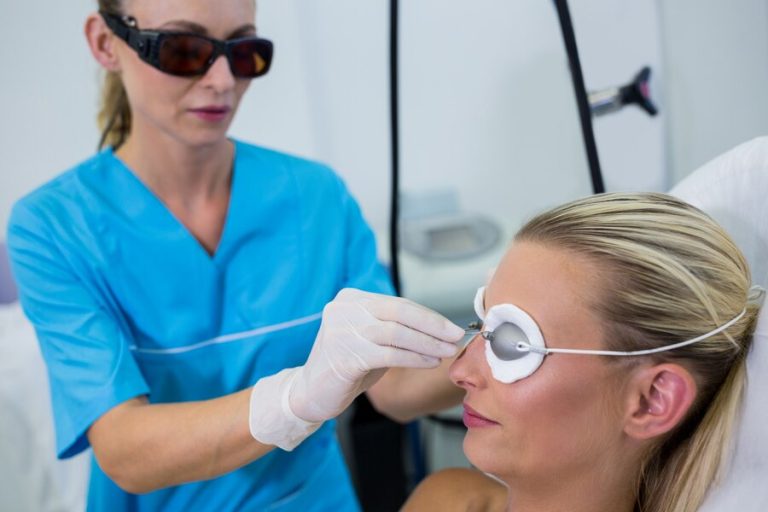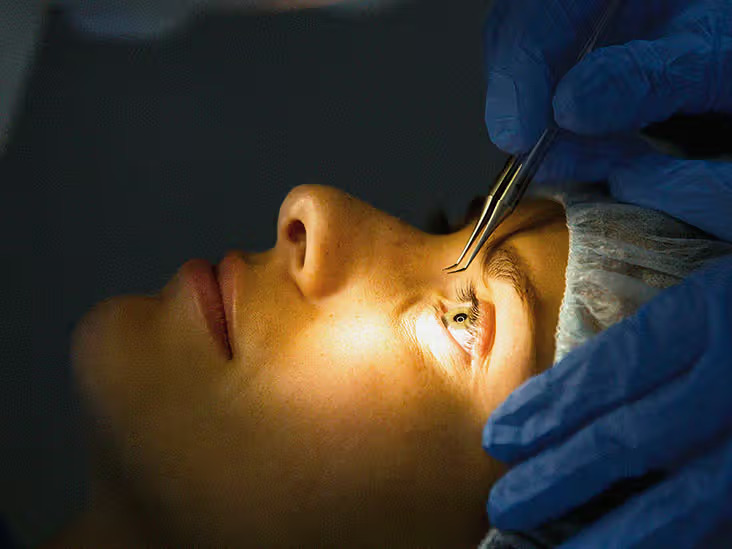Choosing The Right Surgeon For Your Previous Eye Surgery
Choosing the right surgeon for any medical procedure is crucial, but it’s particularly important when considering corrective or revision surgeries for previous eye surgeries. Whether you’re seeking to address complications, improve outcomes, or simply enhance your vision, finding a skilled and experienced surgeon is essential for a successful outcome. In this article, we’ll explore the key factors to consider when selecting a surgeon for your previous eye surgery and offer guidance to help you make an informed decision.
Expertise and Experience
One of the most critical factors in choosing a surgeon for previous eye surgery repair is their expertise and experience in the field. Look for a surgeon who specializes in ophthalmology and has specific experience in performing corrective or revision surgeries. Ideally, they should have a track record of successfully addressing complications related to previous eye surgeries, such as LASIK, cataract surgery, or other procedures.
Board Certification and Credentials
Ensure that the surgeon you’re considering is board-certified and holds relevant credentials in ophthalmology. Board certification indicates that the surgeon has undergone rigorous training and has met specific standards of competence in their field. Additionally, inquire about their affiliations with reputable medical organizations and associations related to ophthalmology.
Patient Reviews and Testimonials
Understanding the reputation of the surgeon and patient satisfaction can be gained from reading patient reviews and testimonies. Look for reviews from patients who have undergone similar procedures or have had previous eye surgeries repaired by the surgeon you’re considering. Pay attention to feedback regarding the surgeon’s bedside manner, communication skills, and the overall quality of care provided.
Technology and Facilities
Consider the technology and facilities available at the surgeon’s practice or surgical center. Advanced diagnostic equipment, state-of-the-art surgical tools, and modern facilities can enhance the safety and effectiveness of the surgical process. Inquire about the surgeon’s access to cutting-edge technologies and their commitment to staying updated on the latest advancements in eye surgery techniques.
Personalized Consultation
Schedule a personalized consultation with the surgeon to discuss your specific concerns, goals, and expectations regarding the previous eye surgery repair. During the consultation, pay attention to how the surgeon listens to your concerns, answers your questions, and explains the proposed treatment plan. A compassionate and attentive surgeon who takes the time to understand your individual needs can make a significant difference in your overall experience and satisfaction with the outcome.
Surgical Approach and Techniques
Discuss the surgeon’s approach and techniques for repairing previous eye surgeries, including any potential risks and complications associated with the procedure. Inquire about alternative treatment options, if applicable, and ensure that the surgeon provides clear and detailed information about what to expect before, during, and after the surgery. Transparency and open communication are essential for building trust and confidence in your surgeon.
Follow-Up Care and Support
Inquire about the surgeon’s approach to follow-up care and postoperative support. A comprehensive postoperative care plan, including regular check-ups, monitoring of your progress, and prompt attention to any concerns or complications, is crucial for ensuring optimal outcomes and minimizing the risk of complications. Ask about the availability of the surgeon and their staff to address any questions or issues that may arise during your recovery process.
Second Opinions
Don’t hesitate to seek second opinions from other qualified surgeons before making a final decision. Consulting with multiple surgeons can provide you with different perspectives and treatment options, helping you make a well-informed decision about your previous eye surgery repair. Additionally, if you’re unsure about a particular surgeon or treatment plan, seeking a second opinion can offer peace of mind and reassurance.
Conclusion
Choosing the right surgeon for your previous eye surgery repair is a critical decision that can significantly impact the success and outcome of the procedure. By considering factors such as expertise and experience, board certification, patient reviews, technology and facilities, personalized consultation, surgical approach and techniques, follow-up care and support, and seeking second opinions when necessary, you can make a confident and informed choice that best meets your needs and goals. Remember to trust your instincts and prioritize a surgeon who prioritizes your safety, satisfaction, and overall well-being.
For any further queries, Plz visit drvivekgarg.in

